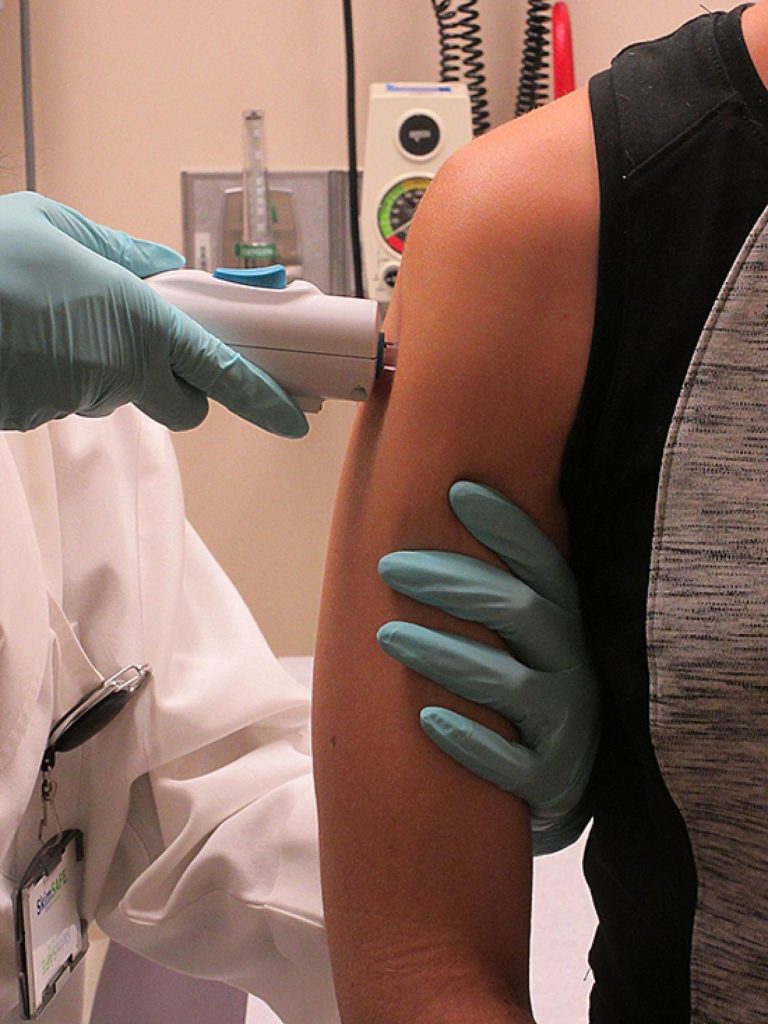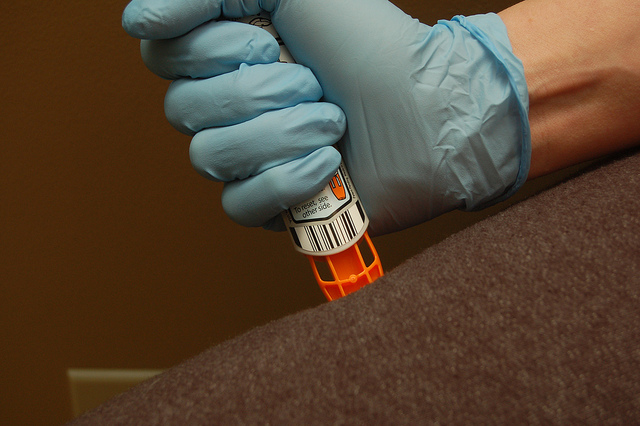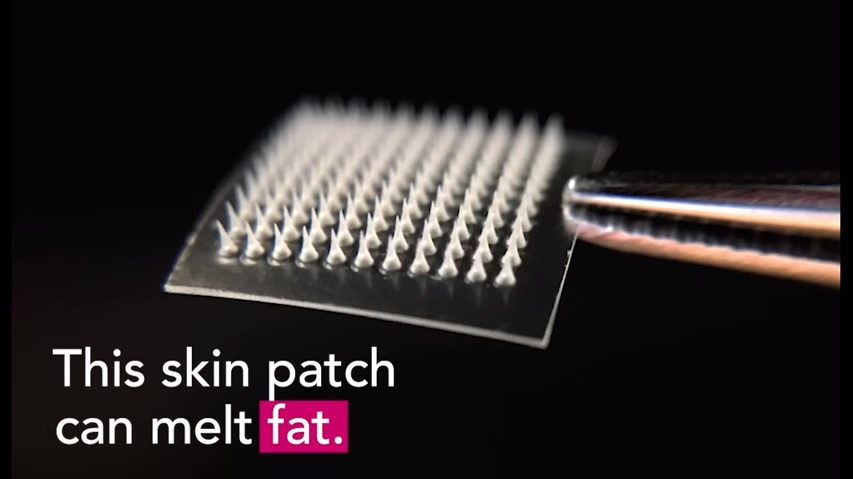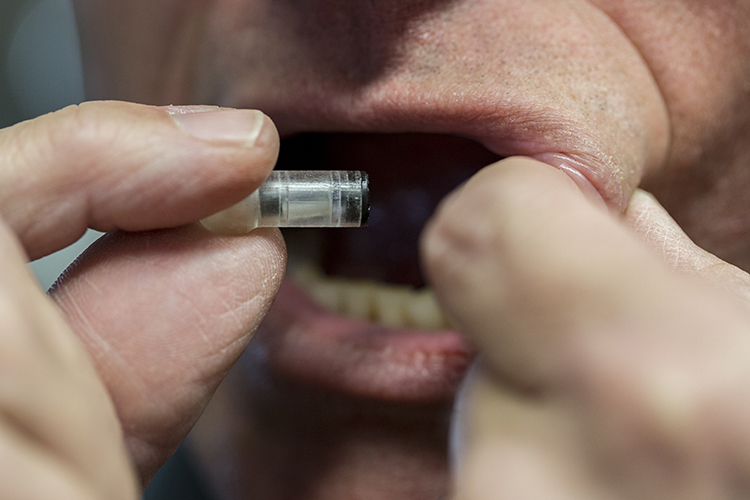Many biologic drugs – from vaccines to insulin – rely on injection as the optimal drug delivery method. However, despite their long history of use, needles are difficult to use and sometimes dangerous for patients and caregivers to administer, leading some patients to avoid getting important shots.
Needle-free injection technology company Portal Instruments believes that their drug delivery system could solve this problem. According to Portal CEO Patrick Anquetil, their needle-free drug delivery system is so fast* that the injection is over before the patient even notices.
“By the time you are done with the injection, the patient doesn’t really realize that he or she has injected a drug,” Anquetil told Drug Delivery Business News.
It takes just one-third of a second for Portal’s needle-free injection technology to deliver the drug into the body. This is compared to traditional needles that take about 10 seconds to inject the biologic.
But the driver behind Portal’s growing operation isn’t just the speed of its device. Anquetil’s strategy has been to accelerate prototyping of the device to help it stand out in a competitive medical device market.
“Our philosophy is that the only way we compete is with speed,” said Anquetil. “Because everything else is stacked against us. We’ve got an improvement product in a proven market with a team that’s working together for the first time. So, the only way we can survive is if we move very, very fast and beat our competition in speed. Oftentimes with a small company that doesn’t have a lot of money, speed really is the only thing that can make a difference.”
While needle-free injection has long been a goal of device makers, first-generation devices suffered from issues that made them no better than their conventional needle counterparts. These needle-free injection devices released an uncontrolled jet of drug which caused the receiver of the injection to experience pain.
In addition, different volumes and viscosities of biologics were difficult for these early devices to handle, making them impractical in applications requiring large volumes to be injected. In contrast, Portal’s needle-free injection technology controls the stream using an electromagnetic linear activator. This allows the device to react and adjust to the viscosity of the liquid being injected.
“The premise is that we’re transforming the experience that the patient feels because he or she doesn’t have to deal with any needles,” said Anquetil. “It’s not only just the injection, it’s looking at the needle before you’re doing the injection, and then disposing of the needle when you’re done.”
While Portal’s needle-free injection device is not yet on the market, the company is working with pharmaceutical company Takeda to secure FDA approval for a combination drug-device. The $100 million deal was announced in November of 2017.
“We have a platform technology and I think it’s reasonable to think that this is, as we like to say, a universal injection platform,” he said. “But we’re certainly 100% focused on biologics today.”
Portal isn’t the only company looking to make a name in the needle-free injection technology space. PharmaJet and Bioject Medical Technologies (now owned by Inovio Pharmaceuticals) are other medical device companies focused on applying their technology to biologics drug delivery.
*Editor’s Note: A previous version of the article incorrectly reported that Portal’s device was “painless.”











Join or login to leave a comment
JOIN LOGIN